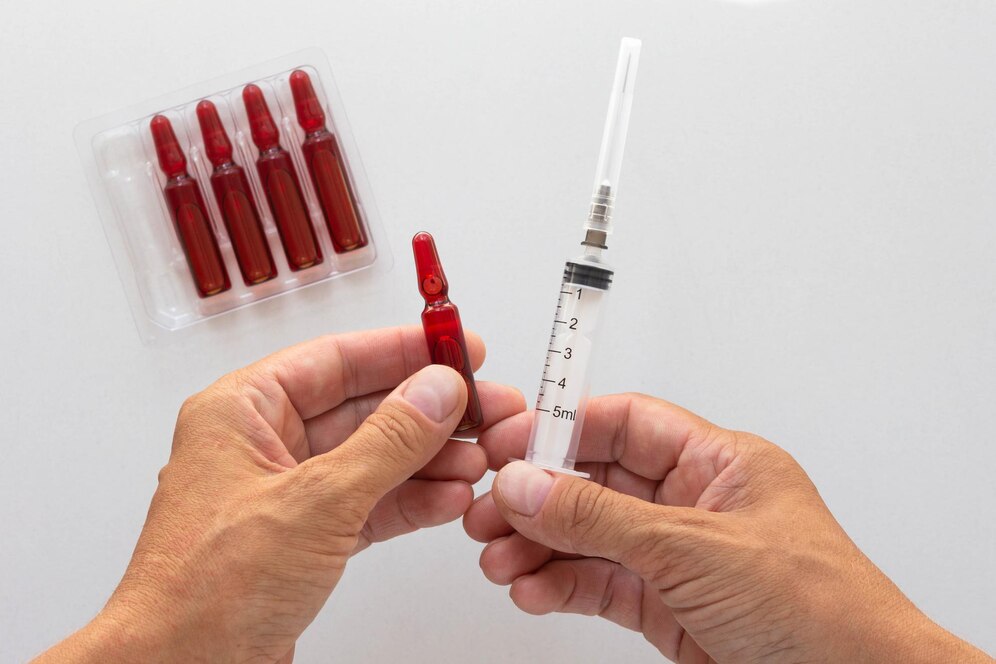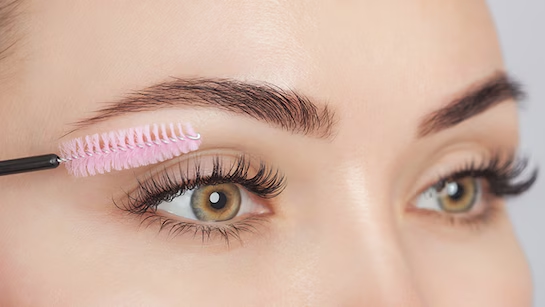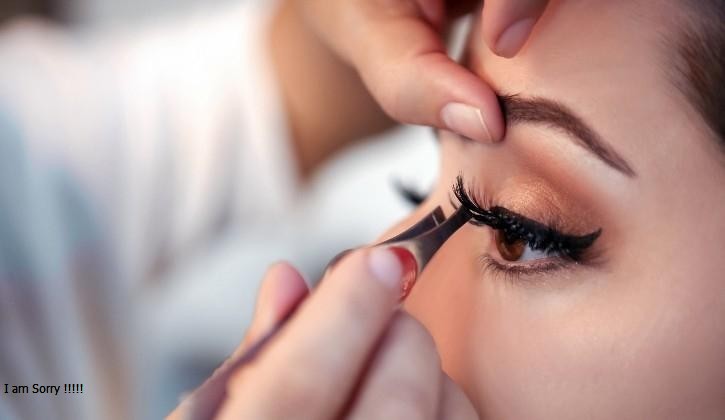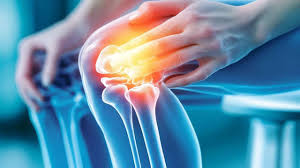If you’re dealing with tingling, numbness, muscle weakness, or nerve pain, chances are your nervous system needs support. The body can heal itself, but it requires the right fuel to do so. That leads to a vital question: what are the 7 vitamins that repair nerve damage?
Nerves don’t just bounce back from damage overnight. Repairing them takes time, consistency, and the proper building blocks—especially vitamins. These nutrients protect the nerves, regenerate damaged tissue, and restore normal function. When combined with hydration and Nerve Strengthening Exercises, they create the ideal recovery environment.
In this blog, we’ll explain:
- What are the 7 vitamins that repair nerve damage?
- How each vitamin supports nerve regeneration
- How to get them from food or supplements
- The role of hydration in nerve health
- How Nerve Strengthening Exercises complement vitamin therapy
Let’s jump right into the seven essential vitamins your nerves depend on for repair and strength.
Why Vitamins Matter for Nerve Repair
Your nerves are made up of delicate fibers wrapped in protective layers (myelin sheaths). Damage to the nerve or its sheath disrupts signals between your brain, spine, and muscles. That causes pain, tingling, numbness, or coordination problems.
Certain vitamins help:
- Rebuild nerve tissue
- Reduce inflammation
- Protect myelin sheaths
- Support neurotransmitter function
- Improve nerve signal transmission
So, when asking what are the 7 vitamins that repair nerve damage?, you’re really asking: What fuels do my nerves need to recover?
1. Vitamin B12 – The Nerve Shield
Vitamin B12 plays a major role in protecting the myelin sheath that covers and insulates nerves.
How it helps:
- Repairs damaged nerve tissue
- Regenerates myelin sheaths
- Improves signal transmission
- Reduces nerve pain and tingling
Where to get it:
- Animal-based foods: eggs, fish, poultry, dairy
- Fortified cereals
- B12 supplements or injections (especially for vegans or those with absorption issues)
A B12 deficiency can mimic nerve disease. If you experience frequent numbness or tingling, get your B12 levels checked.
2. Vitamin B1 (Thiamine) – The Energy Conductor
Vitamin B1 helps convert food into energy that nerves use to send messages. It also reduces oxidative stress in nerve cells.
How it helps:
- Supports nervous system metabolism
- Prevents nerve inflammation
- Boosts muscle and nerve coordination
Where to get it:
- Whole grains
- Legumes
- Nuts and seeds
- Pork
You can also take benfotiamine, a fat-soluble form of B1 that penetrates nerve cells more efficiently.
3. Vitamin B6 – The Signal Supporter
Vitamin B6 (pyridoxine) helps create neurotransmitters, the chemical messengers that nerves use to talk to each other.
How it helps:
- Enhances nerve signal transmission
- Reduces inflammation
- Assists in serotonin and dopamine production (mood regulation)
Where to get it:
- Bananas
- Chickpeas
- Tuna
- Potatoes
- Poultry
Important: Don’t exceed 100mg/day from supplements. Too much B6 can actually cause nerve problems. Stick to a safe dose.
4. Vitamin D – The Anti-Inflammatory Defender
Vitamin D supports nerve health by fighting inflammation and protecting nerve endings from overexcitation.
How it helps:
- Protects against nerve degeneration
- Regulates calcium for proper nerve firing
- Reduces neuropathic pain
Where to get it:
- Sunlight (15–30 mins daily)
- Fatty fish (salmon, mackerel)
- Fortified milk and cereals
- Vitamin D3 supplements
Low vitamin D levels are linked to nerve pain and chronic fatigue. Getting enough can reduce symptoms over time.
5. Vitamin E – The Antioxidant Armor
Vitamin E protects your nerves from oxidative stress and free radical damage, both of which can harm nerve tissues.
How it helps:
- Maintains healthy nerve membranes
- Improves circulation
- Speeds up recovery of damaged nerve cells
Where to get it:
- Almonds
- Sunflower seeds
- Spinach
- Avocados
People with fat absorption disorders may need Vitamin E supplements for nerve repair.
6. Folate (Vitamin B9) – The Growth Enabler
Folate helps produce red blood cells and supports DNA synthesis, which is vital for nerve regeneration.
How it helps:
- Promotes cell growth and tissue repair
- Works with B12 to form healthy nerve cells
- Reduces inflammation and nerve sensitivity
Where to get it:
- Leafy greens (spinach, kale)
- Lentils
- Oranges
- Fortified grains
Folic acid (synthetic form) is used in supplements, but natural folate from food is often more effective.
7. Alpha-Lipoic Acid (Technically Not a Vitamin, But Powerful)
Though not a vitamin, Alpha-lipoic acid (ALA) works with vitamins to repair nerves and restore sensitivity.
How it helps:
- Reduces nerve pain (especially in diabetics)
- Improves nerve conductivity
- Regenerates other antioxidants (like Vitamin C and E)
Where to get it:
- Organ meats
- Broccoli
- Spinach
- Supplements (used widely for nerve pain relief)
If you’re wondering what are the 7 vitamins that repair nerve damage?, consider ALA your secret weapon in this toolkit.
The Importance of Hydration in Nerve Recovery
You can take all the right vitamins, but without hydration, your nervous system can’t process them effectively.
Why hydration matters:
- Water delivers vitamins to nerve cells
- Keeps cells plump and functioning
- Flushes toxins and inflammation-causing waste
- Prevents nerve cramping and conductivity issues
- Improves recovery after Nerve Strengthening Exercises
Daily hydration guide:
- Drink at least 2.5–3 liters of water daily
- Add electrolytes if you sweat or exercise
- Avoid excess caffeine or alcohol, which dehydrate you
Tip: Start your day with a tall glass of water and stay hydrated throughout your nerve recovery journey.
Nerve Strengthening Exercises + Vitamins = Faster Recovery
Taking vitamins without movement won’t rebuild your nerves. You must combine them with Nerve Strengthening Exercises to activate nerve-muscle pathways.
Include exercises like:
- Brisk walking
- Stretching and nerve gliding
- Core strengthening (bird-dog, planks)
- Resistance band work
- Balance drills (single-leg stands, wobble board)
- Yoga or Tai Chi
When to exercise:
- 4–5 times per week
- After warming up
- Stay hydrated before, during, and after sessions
Movement sends blood—and those precious vitamins—exactly where your nerves need them most.
Best Practices for Vitamin Absorption and Nerve Repair
If you really want to maximize your nerve recovery, follow these tips:
✅ Take vitamins with meals
Fat-soluble vitamins like D and E absorb better with healthy fats.
✅ Avoid smoking
Tobacco reduces blood flow to your nerves.
✅ Sleep 7–9 hours
Your body heals while you sleep.
✅ Reduce sugar and alcohol
They inflame nerves and slow recovery.
✅ Track your symptoms
Notice which vitamins or exercises make the biggest difference over time.
Sample Daily Plan for Nerve Repair
Morning:
- Warm lemon water (hydration + vitamin C)
- B-complex supplement with breakfast
- Stretching + light walk (20 minutes)
Afternoon:
- Lunch with leafy greens + protein
- Hydrate: 1 liter of water
- Nerve gliding + resistance band work
Evening:
- Dinner with salmon, spinach, and sweet potato
- Vitamin D3 with meal
- Relax with yoga or meditation
- Hydrate again before bed
Stick with this routine, and over time, you’ll begin to notice improved nerve strength, less discomfort, and better energy.
Final Thoughts
So, what are the 7 vitamins that repair nerve damage? They include:
- Vitamin B12 – Rebuilds nerve coating
- Vitamin B1 – Boosts energy for nerves
- Vitamin B6 – Supports signal transmission
- Vitamin D – Reduces inflammation
- Vitamin E – Shields from damage
- Folate (B9) – Promotes cell growth
- Alpha-Lipoic Acid – Relieves pain and boosts antioxidants
But vitamins alone aren’t enough. Combine them with hydration and Nerve Strengthening Exercises to get results. Your body can heal—but it needs your help to do it.
Start today. Fuel up. Move smart. Stay hydrated. And give your nerves the support they deserve.













